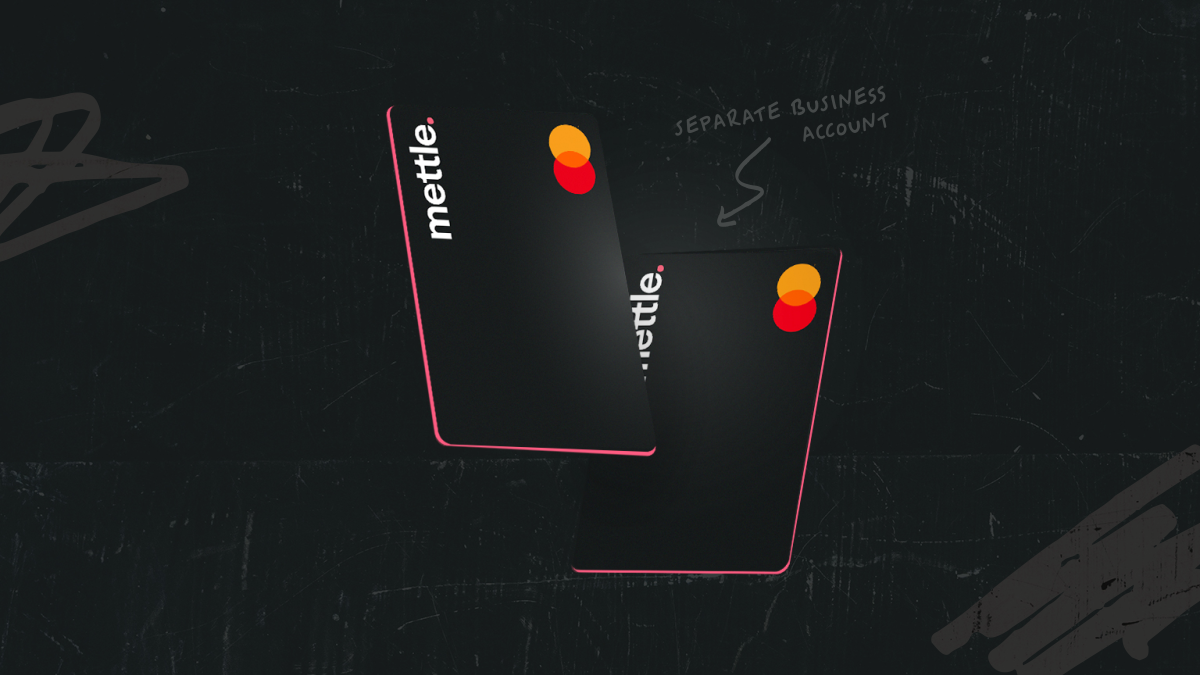Think about the ‘why’
Although this may seem like an irrelevant step, considering why you’ve decided to start this business will help flesh out your idea and make sure it’s thought through from every angle.
It’s a vital step in ensuring your business or side hustle has the best chance at being a success. Taking a step back and thinking about your ‘why’ will help shape what you’re going to be doing and help you understand what you’ll be putting into your business plan.
To start, consider what you want to achieve. Successful businesses solve a specific problem and fill a gap in the market. If you don’t solve a specific problem or can’t spot that gap in the market, there may still be space for you to launch your business but it will probably be a bit more difficult to turn it into a profit making venture. This is where market research can be an important tool.
Market and customer research
Customer research is reaching out to your potential target audience and testing if the idea has legs by asking questions around what you’d be offering. One way you can do this is by creating an online survey and sharing on social media, although it can be hard to get traction through this method.
Another way is by talking to people in person, for example if you wanted to invent a new way to carry your yoga mat then you could go to a yoga studio - with the owners permission of course - and ask members what they think. This should provide some invaluable feedback and determine whether or not the target audience are interested.
Market research is a way of looking into what other people in your potential business/hustle area are doing. This doesn’t need to be a complicated process with hours spent scrolling through forums and websites to find what has worked and what hasn’t. Instead it can be a simple online search to find and compare yourself against those already out there, gathering the top few examples as evidence towards what you want to do.
This is a type of competitor analysis which will come in useful when you’re putting together your business plan. Competitor analysis allows you to check out your competitors, who their customers are, what problems they’re solving and how they’re marketing their product. From that point you may be able to find a niche and identify where your offering fits in.
The type of research will depend on what your product or service might be. For example, if you wanted to create popcorn with unique flavours it can be as simple as walking into the supermarket to check out what other products are on the shelf. In which case you might spot big popcorn brands.
You can make a few notes on their pricing, their flavours and the tone of voice they use on their packaging. Once you’ve seen all this, you can then consider how your popcorn product could compete against them.
You have to decide for yourself where your business will fit, if it will be different or if it will be aimed at the same target audience and perhaps priced more competitively.
If we continue with the popcorn example, you might believe there’s new flavours the other brands haven’t got that you want to create. Or perhaps, you want to create popcorn specifically targeted at children rather than adults in which case your brand positioning and product marketing could reflect this.
Research is an essential aspect of starting a business and can help when building your business plan to establish what your idea is all about and why you’ve started it. This can also help when presenting for funding further down the line if that’s what you want to do.
Consider your finances
What can be the scariest step is trying to figure out what you can afford, the positive is that a lot of ideas can be started and tried or tested for a small cost before you might put in more funds or apply for that loan.
What you can afford will vary as everyone has their own responsibilities to manage, be it rent/mortgage, children or dependents and anything in between. The cost of your idea will also be individual, therefore it wouldn’t be appropriate to put a number on what you might need.
However, if you feel you want or need to raise funding there are a few ways to go about doing this. In no particular order you can:
Crowdfund on websites like Kickstarter, which allows customers to buy into your idea without having a physical product ready to immediately sell to people
Reach out to venture capital investors (sometimes referred to as VC investors) who invest in a way that’s similar to the way Dragons Den operates, although usually without quite as much drama
Enter competitions, there are plenty on social media or through a quick search you simply need to make sure you hit the criteria before entering
Apply for a loan, most high street lenders will have a loan for a start-up business
Entrepreneur hubs, although not necessarily a way to raise funding, places like Amazon, NatWest and others offer hubs of information and resources for people like you to build your business confidence and create networks of support
Be resilient
There are all sorts of scary statistics out there about the failure rate of small businesses. If you��’ve tried applying for loans or funding before and have been rejected, it can be enough to put anyone off and chip away at your confidence. But if you’re ready to try something new then stay strong and determined, plan and discuss your business with others. Join groups like our community on facebook or the start-up business help and seek advice from others when you don’t know the best step to take.
Be creative
An aspect that hasn’t been covered yet is being creative, the more unique your business is the more it will stand out against competitors. Try to come at problems from all angles and bounce ideas off friends and family to get more than one opinion and flesh out your idea.
Next step, your business plan
It is only a very rare business that becomes an overnight success. For most it is a hard slog, putting your heart and soul into something while balancing your finances, work and any other commitments you might have, but when it all pays off the satisfaction alone makes it worthwhile.
Building a business takes time and effort, a top tip would be to share what you’re doing with people that care about you so they can help provide some motivation when you hit those tough points. There is a whole community of self-starters out there, especially now. Tap into the experiences others have had and draw on available networks for inspiration or support even if your start-ups are completely different.







